
The Next-generation Scientist:
What it takes to be successful in a constantly changing and globalized world.
The current-day scientist is living in a dynamic, constantly evolving global industry that requires quick adaptation for continued success. Rewarding scientific careers demand more than just quality work at the bench and successful peer-reviewed publication. Now more than ever, there is a need for clear and effective science communication, continued professional development, networking, and participation and support of professional organizations. These are examples of critical skills and experiences that are helping young scientists stay competitive and create future career opportunities that align with their passions and interests.
The American Physiological Society (APS) and InsideScientific are pleased to announce a joint webinar series focused on providing next-generation scientists with the necessary tools to succeed in science, specifically the skillsets that are most relevant in today’s modern world.
Throughout this series experienced speakers will address essential career development topics, including: Communication, identity, and engagement and outreach. In each webinar, two speakers will deliver interactive presentations followed by Q&A sessions facilitated by the organizers. At the end of the series, attendees will have received essential information that they can add to their professional profiles (CV/resume/LinkedIn), and will help them thrive as the scientific leaders of tomorrow.
Next-generation Scientist: Communication Skills for Small and Large Audiences
WED, NOV 18, 2020
Dr. Christopher Banek
In a world that is becoming progressively smaller with the expansion of virtual conferences and meetings, small group presentation skills are arguably more important than ever. This presentation will cover various small-group presentation scenarios and tactics to simplify and strengthen the message conveyed.
Dr. Kelly Hyndman
As technology advances so does the way and means that we communicate science. These days, it is more than presenting a seminar at a conference where we can communicate with a large audience. For the next-generation scientist, incorporating social media and developing effective digital content will be key for growing your scientific reach.
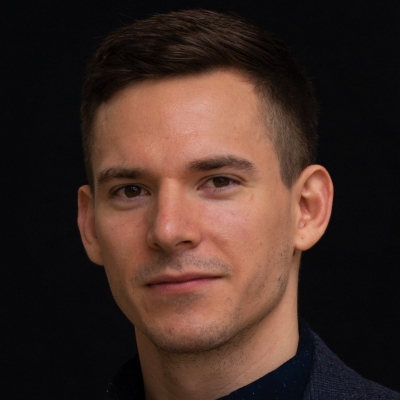
Christopher Banek, PhD
Assistant Professor,
University of Arizona College of Medicine
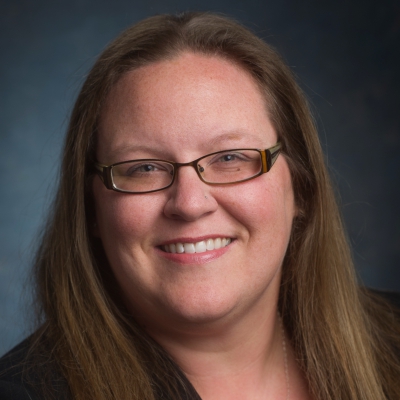
Kelly Hyndman, PhD
Assistant Professor of Medicine,
University of Alabama at Birmingham
Next-generation Scientist: What’s next after graduate school?
TUE, DEC 1, 2020
As you approach the conclusion of your pre- or post-doctoral work, you are probably asking, “What should my next step be and how do I get there?” Two oft-mentioned career choices are “Academia” or “Industry”. While both career types can be fulfilling and rewarding, when preparing for this next position it is important to realize that there are similarities and differences that you need to be aware of in order to be successful. We will discuss several of these areas related to how to prepare yourself for a career transition, including building your CV/resume, networking, crafting your online presence, how and where to search for jobs, as well as some basic differences between academia and industry. Dr. Gumz and Dr. Northcott will provide some insights and thoughts on how to both survive and thrive in the current academic and industry environment.
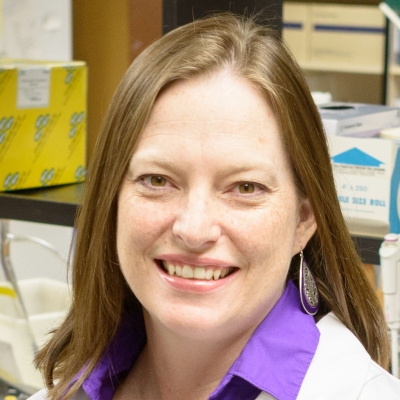
Michelle Gumz, PhD
Associate Professor of Medicine
University of Florida
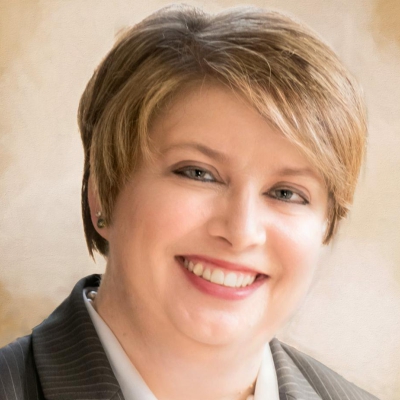
Carrie Northcott, PhD
Director/Research Project Lead
Digital Medicine & Translational Imaging group in Early Clinical Development
Pfizer
Next-generation Scientist: Leadership opportunities through your professional society and community
TUE, DEC 8, 2020
Many established physiologists say that their professional engagement outside the lab has profoundly affected their careers. Whether through participation in the American Physiological Society (APS) or the broader scientific community, these opportunities provide invaluable connections and skills that contribute to professional success.
In this webinar, APS member Carmen De Miguel, MS, PhD, and APS Executive Director Scott Steen, CAE, FASAE, will give an overview about how trainees and early-career scientists can benefit from getting involved with the Society. They will discuss what emerging members of the physiology community can learn from participating in science outreach and promotion activities within their local community.
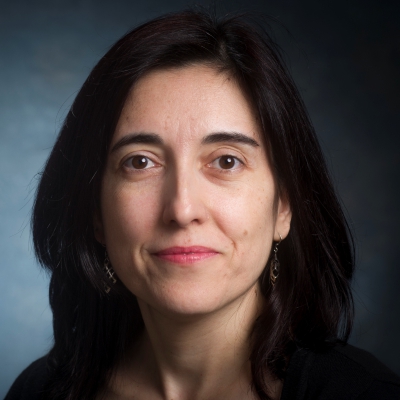
Carmen De Migel, PhD
Assistant Professor of Medicine
University of Alabama at Birmingham
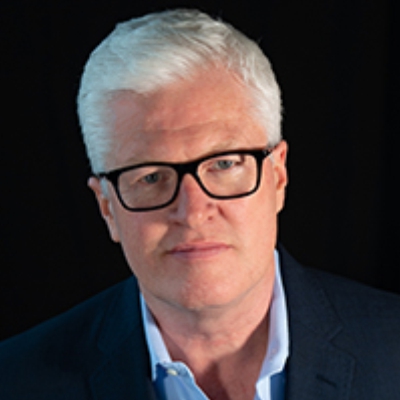
Scott Steen, FASAE, CAE
Executive Director
American Physiological Society